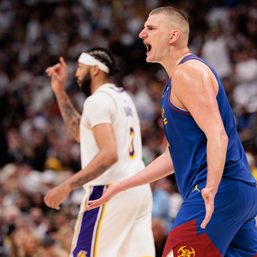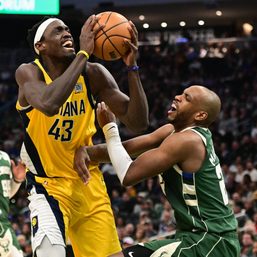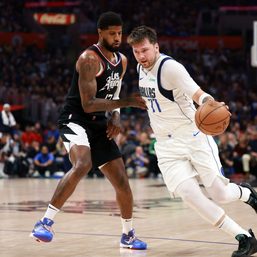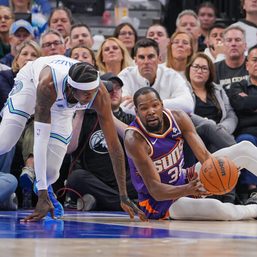SUMMARY
This is AI generated summarization, which may have errors. For context, always refer to the full article.
In my previous column, I introduced a newly released book called The Integration of the Humanities and Arts with Sciences, Engineering and Medicine in Higher Education: Branches from the Same Tree. It was prompted by evidence that increasing specialization in learning has resulted in an education that is narrow and fragmented.
I have noticed this comparing the courses offered to different generations, including mine. For example, there are courses today that target only very specific kinds of communication, very specific kinds of engineering, or financial planning. It’s as if all of learning’s just about getting a singular job for the rest of your life.
But what if the requirements of the job change, or if the job itself disappears by the time you graduate? Or – more commonly – what if you lose that job? What will you bring into the next “job chapter” of your life?
You will be surprised to know that, based on the book, employers of jobs that students and their parents aim for value “writing and oral communication skills, critical thinking and analytical reasoning skills, teamwork skills, ethical decision-making, and the ability to apply knowledge in real-world settings” more than technical skills, which you can learn through training (and not education).
This, then, requires a kind of thinking wherein you can draw from many disciplines, because “many real-world problems have dimensions that are humanistic, scientific, technical, medical, and aesthetic.”
When I was in college, the course Interdisciplinary Studies was generally perceived as a course that “lost” kids took. It was supposedly for those who did not know yet what they wanted to do in life. It’s as if at 16, you should already know what you should become, and that it’s just one thing.
Now that I am much older, I have, for most of my adult life, increasingly realized that education should never be stripped of the intrinsically interconnected nature of things. Life and all its bits are connected. Knowing how those connections could work for your life is key to nailing your purpose. The worth of the education you received could be gauged by how close you got to a full human sweep of knowledge, and how you applied it to your multi-splendored life. If your education got you a job that gave you only money and nothing else, you should get your money and time back, and with it, all the passions for things that you suppressed.
What education should really arm you with is a good, expansive mind, able to consider different perspectives on any one topic and winnow facts from myths or mere perception. Deeply believing in just one way of looking at life, and sticking with it like industrial epoxy despite compelling evidence that could reshape your view, is ideology and not education. You can have ideology without education, spelling doom for the world and for your personal growth.
The book also revealed with supporting data from the “real world” that once students in the US get out of college, they end up with jobs not related to their “majors.” This means that shortchanging interdisciplinary courses in college may not serve you well after graduation, since it is this very interdisciplinary nature that could best prepare you not just for real jobs, but also for the many other jobs you will have later on, including, and sometimes especially, the “in-between jobs.”
The popular bias now in the education curriculum is STEM (Science, Technology, Engineering and Math), with people saying it is the “best” preparation for the 21st century life. Teachers are even mandated to pay special attention and to allocate resources to STEM.
STEM is great, but not greater than the humanities or the arts. As the book is entitled – and as science icon Albert Einstein himself said – they are “branches from the same tree.” In fact, the arts may even be the door to better scientific learning. Learning, Arts and the Brain, a published study by neuroscience and education group DANA Foundation, concluded that studying the arts – particularly dance and theater – enhances the study of the sciences more.
One of my favorite philosophers, Alain de Botton, once said that the measure of education should be knowing what to make of ourselves if we lose our jobs. I think real education should teach us what we can do in between jobs (and even to question if we are in the right job), and to survive and thrive in between life’s stages. Genuine education should teach us how to mend broken hearts (our own or another’s), build and repair stuff, make peace, and avoid wars. It should open our minds to how other life forms deal with the world and appreciate differences and variety in everyone and everything. It should empower us to deal with sickness, and teach us how to grow old and how to die.
Education is not about what you know; it’s about what you do with what you know. Education is only worth the life (or lives) it serves. – Rappler.com
Add a comment
How does this make you feel?





There are no comments yet. Add your comment to start the conversation.